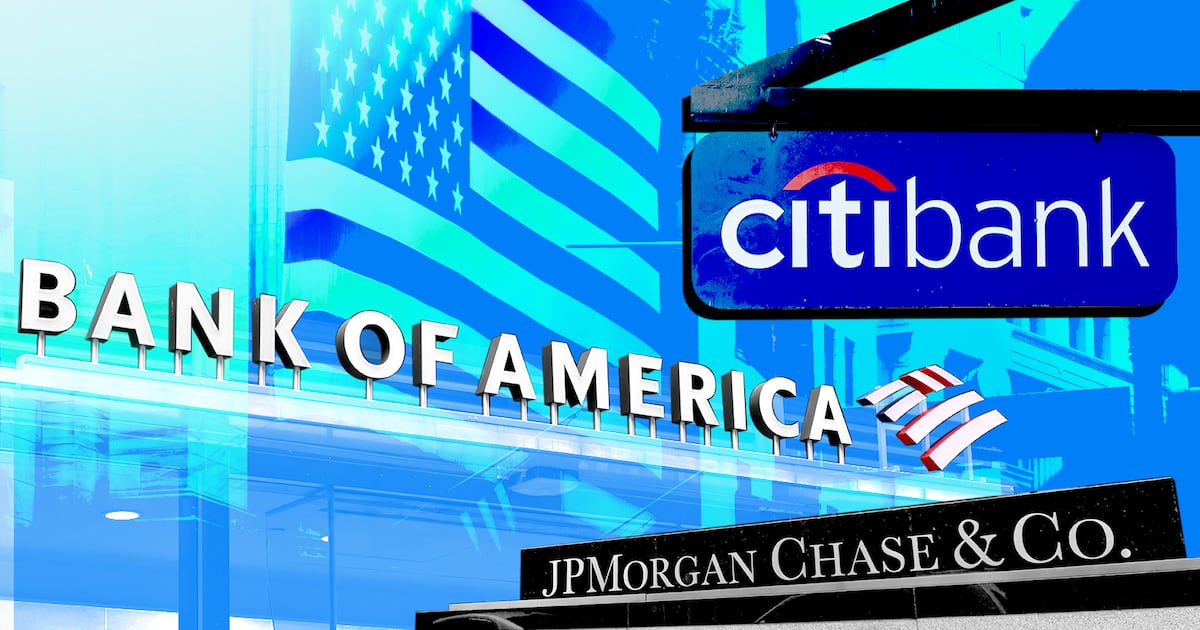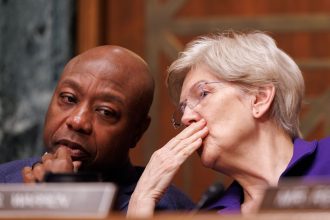A version of this story appeared in The Guidance newsletter on July 21. Sign up here
Last week, Congress and President Donald Trump passed the first US crypto law of its kind. Now come the questions.
Right at the top of the list: How will the Act (referred to previously as the “Genius Act” in the original text) change the digital assets market, and more broadly, finance?
At first glance, it’s safe to say that Washington’s newly minted stablecoin regime will reshape the crypto industry by opening the door to banks and other financial firms that sought regulatory clarity before offering customers blockchain-related products.
This means payments, the lifeblood of the global economy, is ready for change.
Turning Point
There is excitement around this prospect. Over the weekend, Mastercard indicated that the US reached a “turning point” in blockchain technology adoption for payments processing.
For stablecoins to be a game changer in payments, they must be largely invisible.
In other words, stablecoins should be as seamless in our daily lives as Apple Pay or Venmo — utility-like applications we barely think about.
This presents a multi-faceted challenge: technical, regulatory, and behavioural.
For starters, stablecoin issuers need to win over ordinary consumers. This could be challenging given that, unlike traditional banks, stablecoin issuers are barred from paying interest to customers, as highlighted by legal analysis from Gibson Dunn.
Enter the Banks
Then the question arises: why would ordinary US consumers consider stablecoins? What benefits would prompt adoption?
The answer hinges on convenience. This is where established banks pivot in, leveraging existing trust relationships.
Despite concerns about potential market disruption, established banks are well-positioned to potentially integrate stablecoins into their services. They possess the necessary reputation and trust among consumers.
The Act reinforces this by stipulating that every stablecoin in the US must be offered by a “permitted payment stablecoin issuer” supervised by the Office of the Comptroller of the Currency (OCC).
While navigating complex new regulations remains costly for startups, banks have an existing advantage. They are already extensively regulated by the OCC and other agencies.












